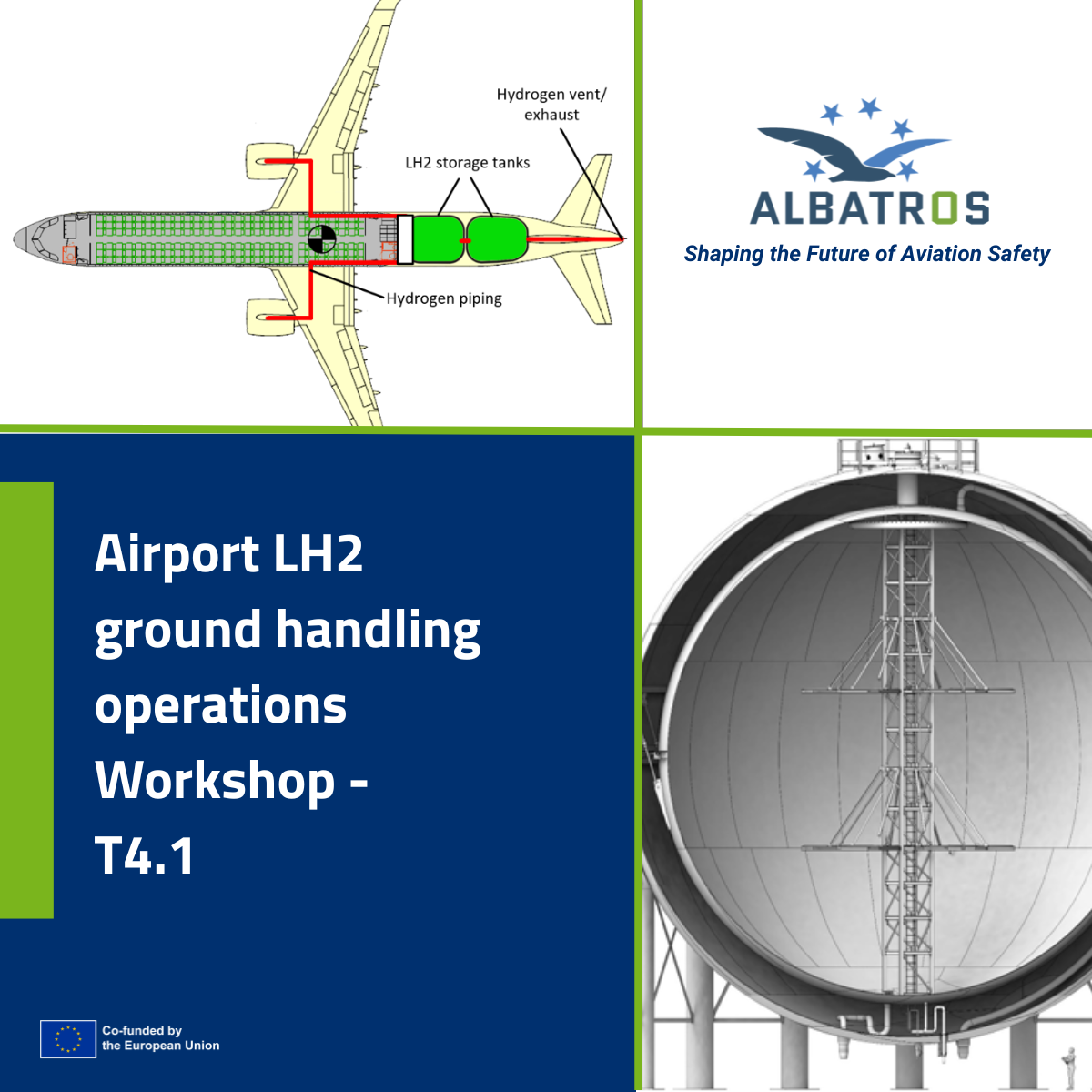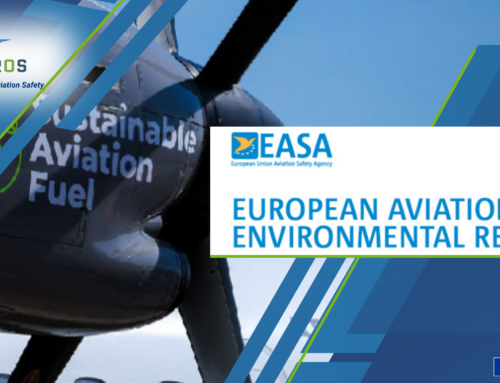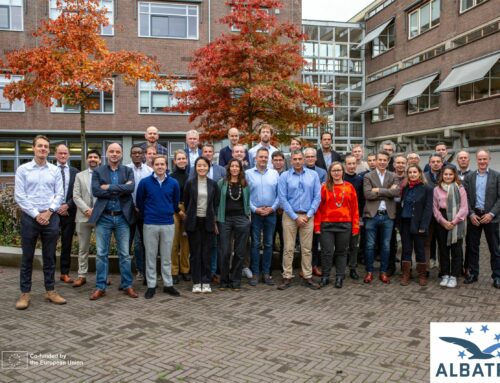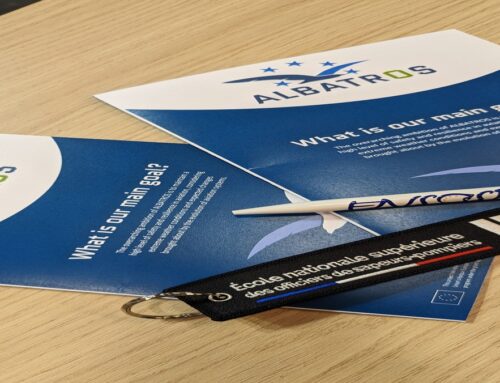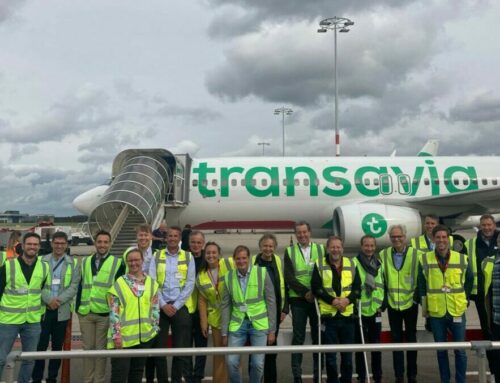From leakage risks to handling procedures, liquid hydrogen introduces new safety challenges for airport operations. In March 2025, ALBATROS partners met for a dedicated workshop to explore solutions — here’s a look at the key findings.
The aviation sector is undergoing a fundamental transformation in pursuit of climate neutrality. Hydrogen, particularly in its liquid form (LH₂), is considered one of the most promising energy vectors for medium- and long-range flights. However, its implementation brings not only environmental advantages but also new safety challenges, especially on the ground.
Task 4.1 within the ALBATROS project addresses these challenges head-on, with a specific focus on airport ground handling. Led by Pipistrel Aircraft, the task aims to identify safety risks and establish guidelines for handling both compressed and liquid hydrogen at airports.
In March 2025, the ALBATROS team came together for a key event: the Airport LH₂ Ground Handling Operations Workshop. This workshop brought together a diverse group of experts to analyse risk scenarios and contribute to shaping the safety roadmap for hydrogen-enabled airports.
Workshop Highlights: Exploring Hydrogen Handling Safety in Airport Operations
The workshop, held on March 20, 2025, involved participants from across the ALBATROS consortium, including experts from Pipistrel Aircraft, NLR, DBL, AIA, ONERA, as well as external stakeholders from Air Liquide and Cranfield University. In addition, the event welcomed several representatives from Dutch airport fire departments — including Schiphol, Lelystad Airport, Eindhoven Airport, and Rotterdam The Hague Airport (RTHA) — as well as a representative from Portuguese air traffic control (ATC). Their combined expertise provided valuable perspectives on the practical and safety challenges associated with hydrogen operations at airports.
The agenda of the workshop included:
- Introduction to LH₂ technology as an aviation fuel.
- A technical questionnaire to guide the discussions and focus on real-world scenarios.
- Analysis of four key risk scenarios, two related to potential hydrogen leakage and two focused on operational procedures for ground handling, refuelling, and emergency response.
The session aimed to assess the hazards and define best practices for safe hydrogen handling on the ground. By focusing on these scenarios, the workshop provided a solid foundation for the upcoming Deliverable D4.1 – Ground Handling Safety of Aircraft with New Fuels and Energy Systems.
Working Together for Safer Hydrogen Operations: A Look Ahead
This workshop was an essential step in advancing ALBATROS’s mission to establish safety standards and operational guidelines for hydrogen-based airport operations. The insights gathered will contribute to future developments and guide the implementation of safety procedures for hydrogen-powered aviation.
We extend our heartfelt thanks to all organisations and individuals involved in Task 4.1 – Airport Ground Handling, including: Pipistrel Aircraft, NLR, DBL, AIA, ONERA, Air Liquide, Cranfield University, and all the first responder and ATC representatives who participated.
Their contributions are invaluable in moving us closer to our shared goal of safer, more sustainable, and hydrogen-ready aviation.
🌐 Learn More & Join the Mission
Discover the full ALBATROS project and stay updated on our next steps:
🔗https://www.albatros-horizon.eu/about/
📢 Join the community, follow our work, and be part of the hydrogen aviation transition: https://docs.google.com/forms/d/e/1FAIpQLSc85IXlqFcehLnGpd3OwXtJmQajFwIy_4RfUFqNNi_cP4pRAQ/viewform?usp=pp_url


